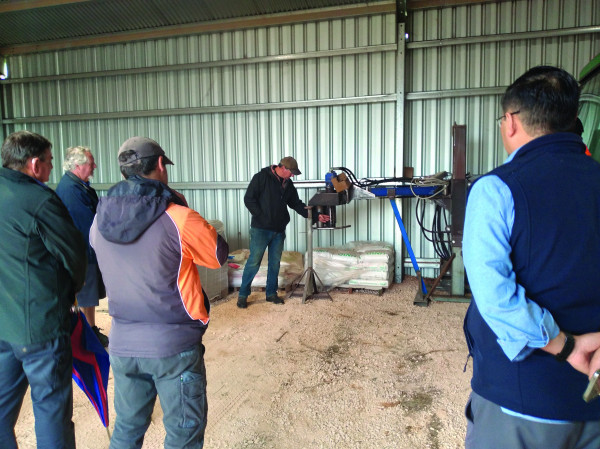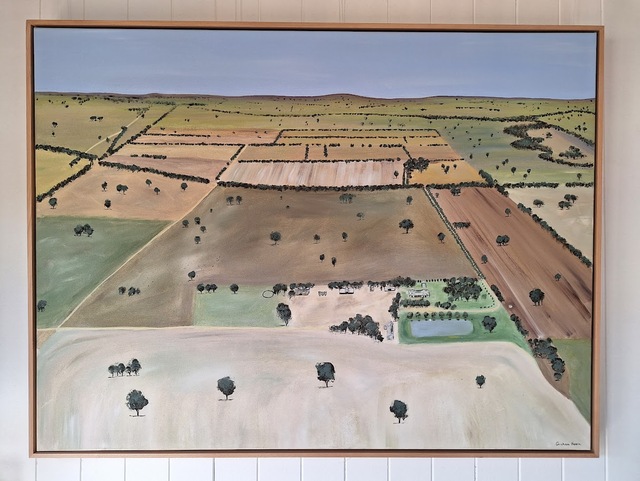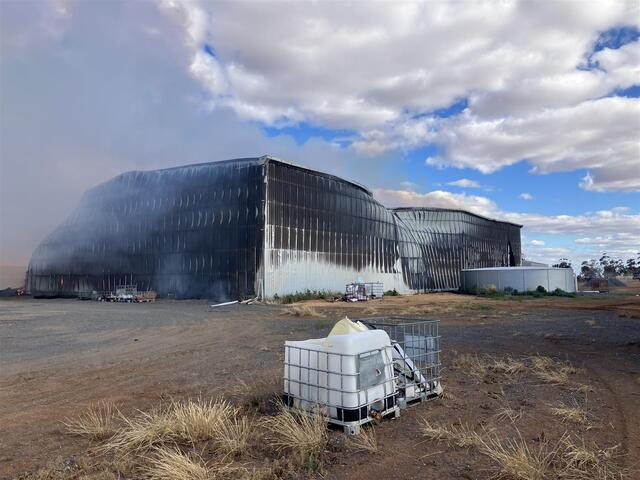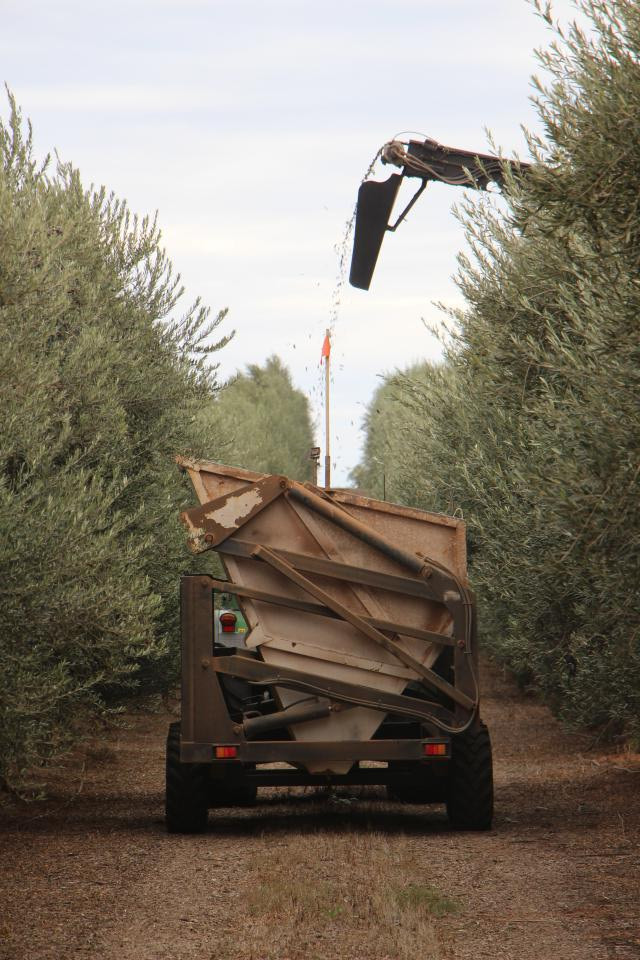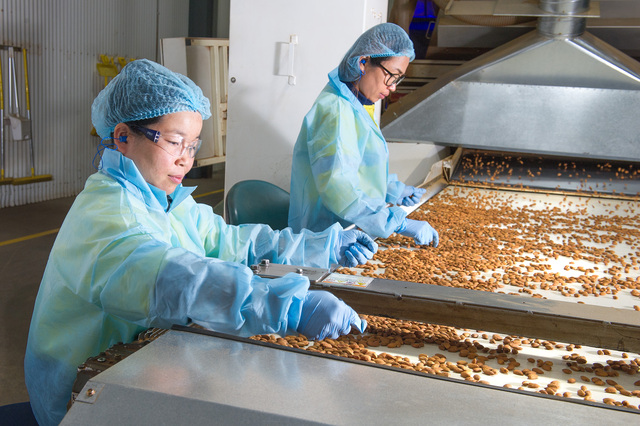THE dried grape industry is making innovative strides to become more efficient and cutting production costs to growers.
The Dried Fruits Australia (DFA) industry mechanised pruner project, in collaboration with Mallee Regional Innovation Centre and La Trobe University, has come to an end.
Since 2020, the project worked to develop a robotic pruner, using lidar technology to control a cutting head, which underwent its final trials this past winter.
The pruner aims to speed up the winter pruning process and reduce the need for manual labour.
The system uses a lidar camera to provide input to a micro-computer system that then maps the cordon and controls a cutting head.
The system is tractor-mounted, hydraulically-driven and can operate at speeds up to 2km/h.
It allows the operator to set the distance away from the cordon that the cutting head will track and therefore cut the canes protruding from the cordon.
Counting the savings
IN assessing the project, DFA found the unit could significantly reduce the time associated with manual hand winter pruning, reducing time by up to two-thirds.
This was based on the DFA Benchmarking Project 2018-2020, which calculated an average of 62.68 hours (about eight days) to prune one hectare on a block set up with 3.35-metre row spacing.
This included all of the pruning operations such as: pulling out, tipping trellis, pruning, pinning canes, rolling on canes.
While each grower makes different decisions on how they approach the pruning process, the pruning project found the new system, using the mechanised pruner, takes about 21 hours per hectare to complete and 40 per cent of the process can be done from the tractor seat.
Translating this time saving to cost, the DFA mechanical pruner could significantly reduce the cost of winter pruning, saving about $940/ha, including taking into account tractor running costs.
Points to consider
THE DFA pruner project found there was still some experience to be gained and long-term monitoring and trials to be put in place to optimise this mechanical pruning system and process.
One key consideration is that the user of mechanical pruner must cut the old canes correctly to limit damage to the cordon by the cutting head.
There could be a possible trade-off between labour/time savings and risks of losing yield resulting from damaged cordon
Based on current grower payment, only a 5 per cent reduction in yield could be enough to offset the financial benefit of moving to a fully-mechanised pruning system.
Innovation across the industry
THE industry’s mechanised pruner adds to other machines developed by dried grape growers in the Mildura district.
Three simpler mechanical pruning machines have also been developed by growers privately and used in the industry over the past few years.
A DFA field day at Ashley Johnstone’s property in October highlighted one of these other machines, as well as looked at the cordon response to being mechanically pruned.
DFA field officer Stephen Kelly said the group was encouraged to see the cordons’ resilience to mechanical pruning and the shooting of basal buds for new canes.
“In finalising the pruner project, it is also worth noting that the project has stimulated much discussion and analysis within growers about the overall process of pruning the swingarm trellis system, including timing of operations, and the amount of labour and detail required for certain operations,” Stephen said.
“As a result, some growers are reporting significant overall reductions in labour costs and time required to complete the pruning operation.”
DFA will continue to monitor the progress and outcomes of mechanical pruning across the industry.
For people interested in building a computer-controlled cordon pruner, schematic plans are freely available by contacting Dried Fruits Australia, while complete computer systems are available for purchase through contacts available at DFA.

